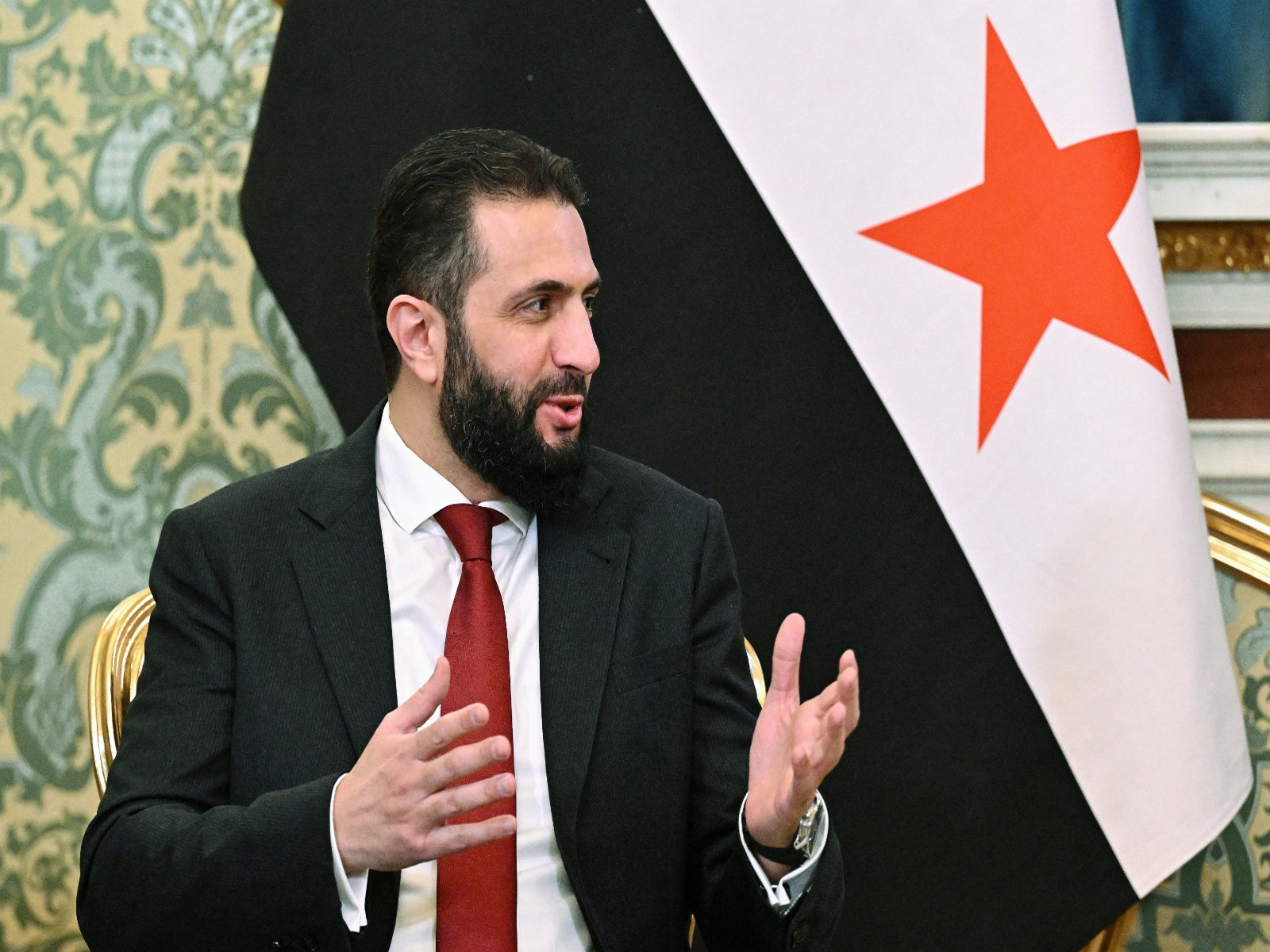UNSC Rescinds Sanctions on Syria's President and Home Minister in Landmark Decision
The United Nations Security Council has removed Syria's transitional President Ahmed al-Sharaa and Home Minister Anas Hasan Khattab from the sanctions list. This decision, backed by a US-sponsored resolution, signals a new era for Syria as it strives for political transition and economic recovery.

- Country:
- United States
The United Nations Security Council has made a significant move by officially removing Syria's transitional President Ahmed al-Sharaa and Home Minister Anas Hasan Khattab from the UN sanctions list. The decision, reached on Thursday with the exception of China's abstention, comes through a US-sponsored resolution. All members of the 15-member council voted, a decision made under Chapter VII of the UN Charter, highlighting a shift in the international approach to Syria.
Amidst preparations for al-Sharaa's upcoming meeting with Donald Trump, the US representative stressed Syria's opportunity for revitalization, a sentiment echoed in Resolution 2729. China's abstention highlighted its concerns over terrorism in Syria, emphasizing unease about foreign terrorist fighters. The resolution now frees the Syrian leaders from previous UN-sanctioned asset freezes and travel bans.
The move is seen as a recognition of Syria's evolving political landscape, with Washington's UN ambassador calling it a 'clear political signal' acknowledging Syria's new era. This delisting is part of broader international efforts to support Syria’s recovery from conflict and economic challenges. Syria's engagement in international discussions, such as COP30, reflects its pursuits in global cooperation and political transformation.
ALSO READ
-
UN Lifts Sanctions on Syrian Leaders Ahead of Trump Meeting
-
UN Lifts Sanctions on Syrian Leaders Amidst Diplomatic Shift
-
Turning the Page: U.N. Security Council Lifts Sanctions on Syria
-
UN Lifts Sanctions on Syria: A New Era for Damascus Diplomacy
-
UN Security Council Lifts Sanctions on Syrian Leaders, Marks U.S. Policy Shift









